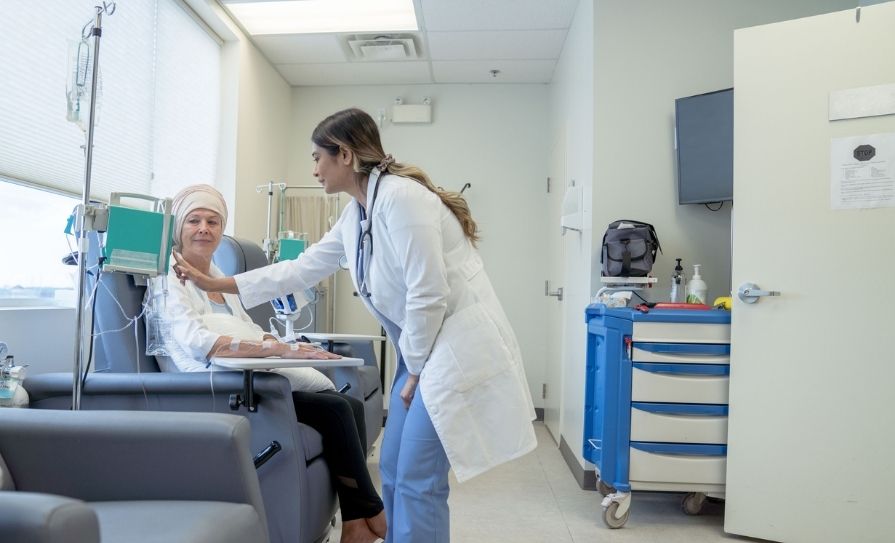The extensive use of personal protective equipment (PPE) by healthcare workers during the Covid-19 pandemic has contributed to a concurrent rise in contact dermatitis in this cohort, according to Dr Johnny Bourke, Consultant Dermatologist, South Infirmary Victoria University Hospital, Cork.
“Within a few weeks of shut-down, masks, gloves, and handwashing, we had a flood of staff with problems with their hands and with their face,” Dr Bourke told the Annual Meeting of the Primary Care Dermatology Society of Ireland (PCDSI), which was held virtually on 4-5 March.
Initially, there were concerns that components of the masks were causing allergic dermatitis, with some evidence internationally of allergic dermatitis due to components including nickel, foam and rubber.
However, from Dr Bourke’s experience and patch testing of staff, the “vast majority were not allergic dermatitis”, which was the finding nationally and internationally.
“Almost all of the dermatitis from the masks was irritant contact dermatitis,” said Dr Bourke.
Staff were not accustomed to wearing masks to the extent necessary in the pandemic and the stronger FFP2 and FFP3 masks contributed to this issue.
Severe irritant contact dermatitis was seen in those working in ICU, where erosions occurred on the nose. However, this has lessened in recent times as people have become used to wearing masks, he noted.
Contact dermatitis was also seen on the hands of other workers and while there was some allergy to gloves, and fragrances and preservatives in soaps, “the vast majority” of cases were contact dermatitis from increased handwashing with soap and water, according to Dr Bourke.
The issue proved difficult to treat as increased handwashing was mandatory in healthcare settings. “We could not get them to use emollients to wash their hands with at work,” said Dr Bourke.
He was successful in getting staff to use emollients at other times, such as night-time, and encouraged them to use alcohol gels instead of soap and water.
“It is an ongoing problem and we still are seeing a good bit of it,” he added.













Leave a Reply
You must be logged in to post a comment.